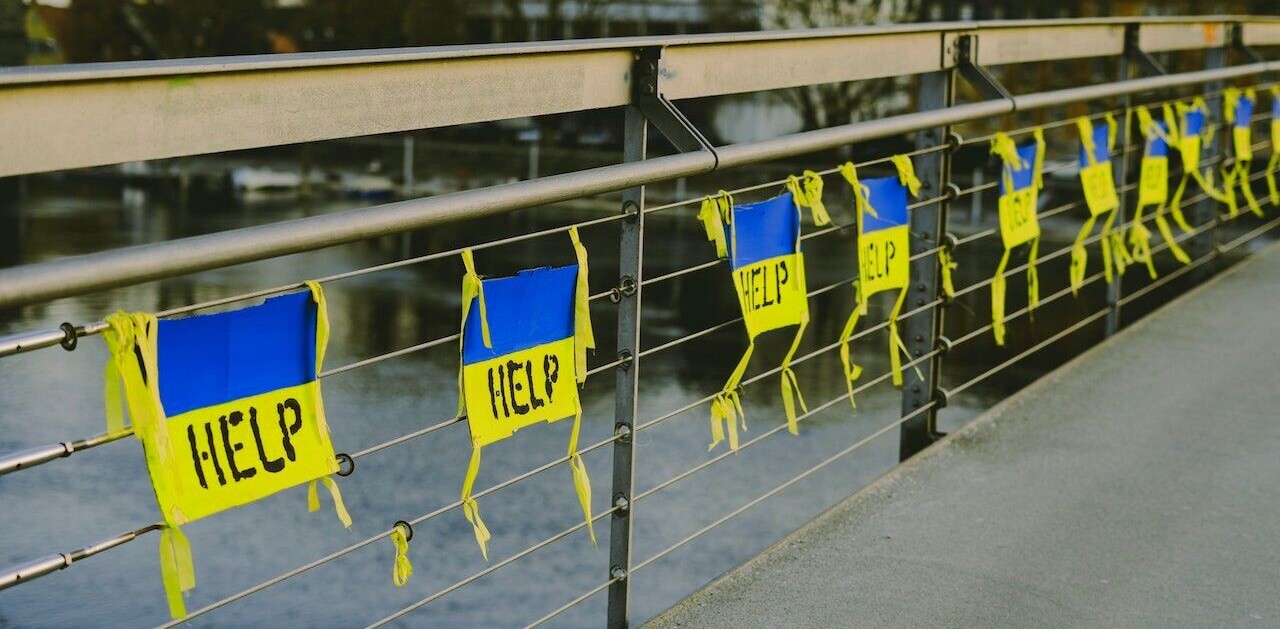
For more reasons than I could possibly list here, many people are finding themselves thinking more and more about starting a freelance career. Be it because they were laid off, can’t find employment, want to work for themselves, or want to earn a few extra dollars, the freelance population is growing at a steady clip. Many of these people are finding that doing freelance work in addition to their full-time jobs is the best way for them to start freelancing.
But with starting anything that involves a substantial time commitment, one must analyze their current situation and decide whether it is not only right for them, but beneficial to them in the long run. Are you thinking about freelancing while still working a full-time job? Worried about how you will manage a freelance career on the side with all of your other commitments and responsibilities? Let’s take a look at how you can take an inventory of your priorities and responsibilities to determine whether you have the available time to dedicate to freelancing.
Journal your every activity during the week
For some diets, it is recommended to keep a “food journal” designed so that you will write down every single piece of food and drink that you consume during the day. Similarly, you could use a spiral notebook (or a digital one) to track what activities and responsibilities you spend most of your time doing during the day or week.
In your new journal, start on Sunday (or Monday), and write down every single thing that you do during the day. And I mean everything. What time did you wake up? What did you do when you woke up? How long did you do it? Did you eat breakfast? How long did it take you to make breakfast? How long did you eat breakfast for? Did you check your email? How long did you check your email for? Every single activity for the next week should be recorded in your journal. Nothing is too insignificant to add. Did you walk to check the mail? Put it in there. Did you watch TV? Write it in.
Not sure about you, but I personally hate writing down every single thing I do during the day and when I did it. So much so that it was one of the main reasons I stopped charging per-hour in my freelancing. However, instead of doing this for one week, you could do it just for a day or two or until it starts to drive you crazy. I recommend one week as that will give you a better understanding of how your time is spent.
Yes, it will be annoying, yes, you will find that you are spending a lot of time logging, and yes, you may even find that you aren’t getting as much done as you did before. It’s okay though. It will all balance out in the end. Just remember it is only for one week (or one day).
Search for patterns
Once you have done all seven days of the week like this, start looking for patterns. Did you go to bed every day at the same time? Did you check your email twice every day? Did it take you two hours to get to work every day? Did you spend roughly an hour every day doing chores? However you want to do it, categorize the activities you wrote down into categories you understand, then tally up the time you spent doing those things.
You should start seeing a better picture of where your time goes — and you’ll probably be surprised how different the reality is to the idea you had in your head. Look at the things that you really cannot change, such as the time you spend at your job, time you spend doing house chores, time you spend working on work at home, time you spend sleeping, and so on. These are what I am going to refer to as “priorities.” These are the things in your life that you absolutely cannot do without in your daily life. How many hours a week do these priorities take?
Now look at all the activities that you could probably cut down or out if you had too, such as watching TV, endless hours on Facebook and Twitter, long naps on the weekends, and so on. How many hours a week could you realistically cut?
Some math involved
I’m a very detailed-oriented person and a math geek, so bear with me. With all of the information you gathered during your week of journaling and in the categories you put your activities in, we need to figure out how many hours a week you have to dedicate to freelancing.
There are 168 hours in a week. How many hours a week do you spend sleeping? Take those hours out of the weekly hours. How many hours do you spend at your job? Take those out. How many hours do you spend traveling to and from your job? Take those out. Continue doing this until all of your “priorities” are taken out of the hours in a week you have. You should end up with a positive number (negative numbers indicate you are spending more time doing stuff in a week than the clock actually gives you, which is impossible without a time machine). The remaining hours are your “spare” hours each week.
For example: I spend roughly 7 hours a night sleeping (49 hours), 10 hours a day working every day (70 hours), zero commute (work from home), 10 hours a week doing chores such as laundry and house cleaning, and about 20 hours with friends and family. Keep in mind that I already freelance, so my numbers are different than those who are just now starting to freelance.
168 – 49 – 70 – 10 – 20 = 19 spare hours a week.
Factor in downtime
We could have stopped right there and made the broad, although inaccurate statement that “Oh, that gives me 19 hours a week to freelance.” Let’s be realistic here. There are other thing you like to do outside of the things you have to do. You like to exercise. You like to watch movies. You like to play games. Figure out how many hours per week you would like to realistically spend on these things (we know you want to spend all day every day doing these things, but you realistically can’t). Take that number out of your spare time figure.
Do you have enough time to dedicate to a part-time freelance career?
From my past experience, if you can dedicate a minimum of 15 hours a week to start your freelancing career, then you are in good shape. Why 15 hours? It’s not an exact number, but this gives you about 2 hours a day, every day, to market yourself, approach prospects, work on client work, and do administrative work (invoicing, emailing, etc.). Ideally that number should be around 20 hours or more, but no one ever said you couldn’t start freelancing with even only five hours of available time a week.
Don’t have enough time? What can you do to allow for more time?
Did your calculation come up with less than 15 hours a week you could spend on your part-time freelancing career? That doesn’t mean you can’t start freelancing. It just means you have some tough decisions to make if you really want to start. There is no right or wrong way to start looking for extra hours in your work week, but careful consideration should be made before starting to cut hours from your priorities like your job and your family.
Do you have a spouse or family member that is willing to help you with your part of the chores around the house that could give you an extra hour or two a week? Could you cut out one hour a week from spending time with friends? Could you go from sleeping 8 hours a night to 7.5 hours a night to gain an extra 3.5 hours a week?
I’ve got to be honest. When I started freelancing, I didn’t go through and check to see how much time I had for all the things that were priorities in my life (school, a part-time job, very long commutes to both, lots of homework), but I wish I had. It probably would not have changed my decision, but I could have made some serious changes ahead of time to make my transition into freelancing part-time, then to full-time freelancing much easier.
This technique works for other things, too
For anyone having a hard time getting their work done due to time constraints, those who wish to have more free time, who want to pick up another activity, or anyone who wants to realign their priorities, the above technique can help you with that as well. This is really an exercise of recording and analyzing the time you spend doing the things you do. However you interpret and use the results is up to you for whatever big decision or activity you want to start in your life.
Got any other tips for those looking to start freelancing? Let us know in the comments!
Image Credit: Colin Harris
Get the TNW newsletter
Get the most important tech news in your inbox each week.





